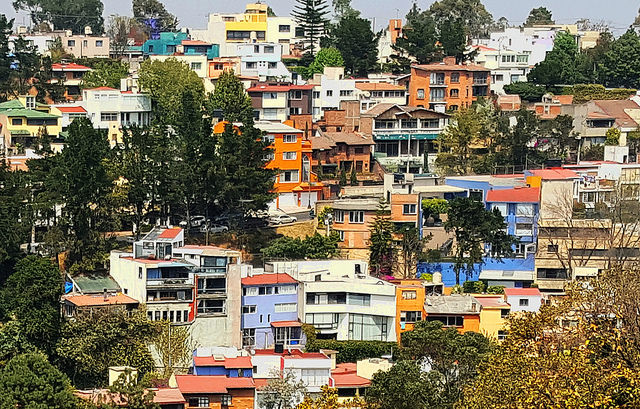
The selling of Mexico’s nationalized oil company has caused gas shortages and rising gas prices, sparking nationwide protest. In the midst of “El Gasonlinazo,” unlikely heroes have stepped forward to fight for affordable gasoline — Mexican drug cartels. The cartels are threatening to burn gas stations, specifically those run by foreign companies, and they have started stealing oil and selling it back to Mexican citizens for a lower cost. They claim that it is a disservice to the people of Mexico to make them pay such high prices for gas, especially when many do not even make a living wage.
It is not unusual for individuals or groups with a negative image to present themselves in the best way possible through “impression management,” and drug cartels are no exception. Past research shows that developing an image of being helpful to the community helps cartels and gangs to garner legitimacy and respect. In Mexico, there is a long tradition of rebel groups acting in the name of the community, for example, the Zapatistas portrayed themselves as liberators, rather than criminals, in their fight against globalization.
- Erving Goffman. 1959. The Presentation of Self in Everyday Life. New York: Anchor Books
- John Hagedorn. 2008. A World of Gangs: Armed Young Men and Gangsta Culture. Minneapolis: University of Minnesota Press.
- Markus S. Schulz. 1998. “Collective Action Across Borders: Opportunity Structures, Network Capacities, and Communicative Praxis in the Age of Advanced Globalization.” Sociological Perspectives 41(3): 587-616.
The Niger Delta experienced a similar situation when Chinese oil companies bought entry into the land. Citizens of Nigeria banded together to form rebel groups, using kidnappings and other violent measures as forms of resistance. Oil is a vital resource, which is why citizens of under-developed nations are willing to look to non-traditional groups for help fighting the interests of foreign companies and international elites.
- Cyril I. Obi. 2008. “Enter the Dragon? Chinese Oil Companies & Resistance in the Niger Delta.” Review of African Political Economy 117: 417-434.
- Uwafiokun Idemudia and Uwem E. Ite. 2006. “Demystifying the Niger Delta Conflict: Towards an Integrated Explanation.” Review of African Political Economy 109:391-406.

Comments